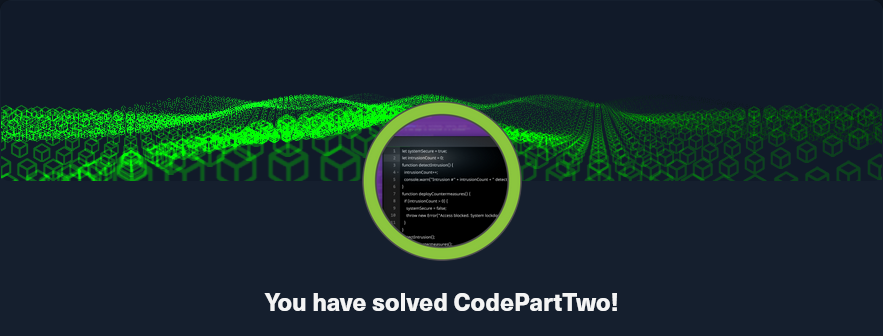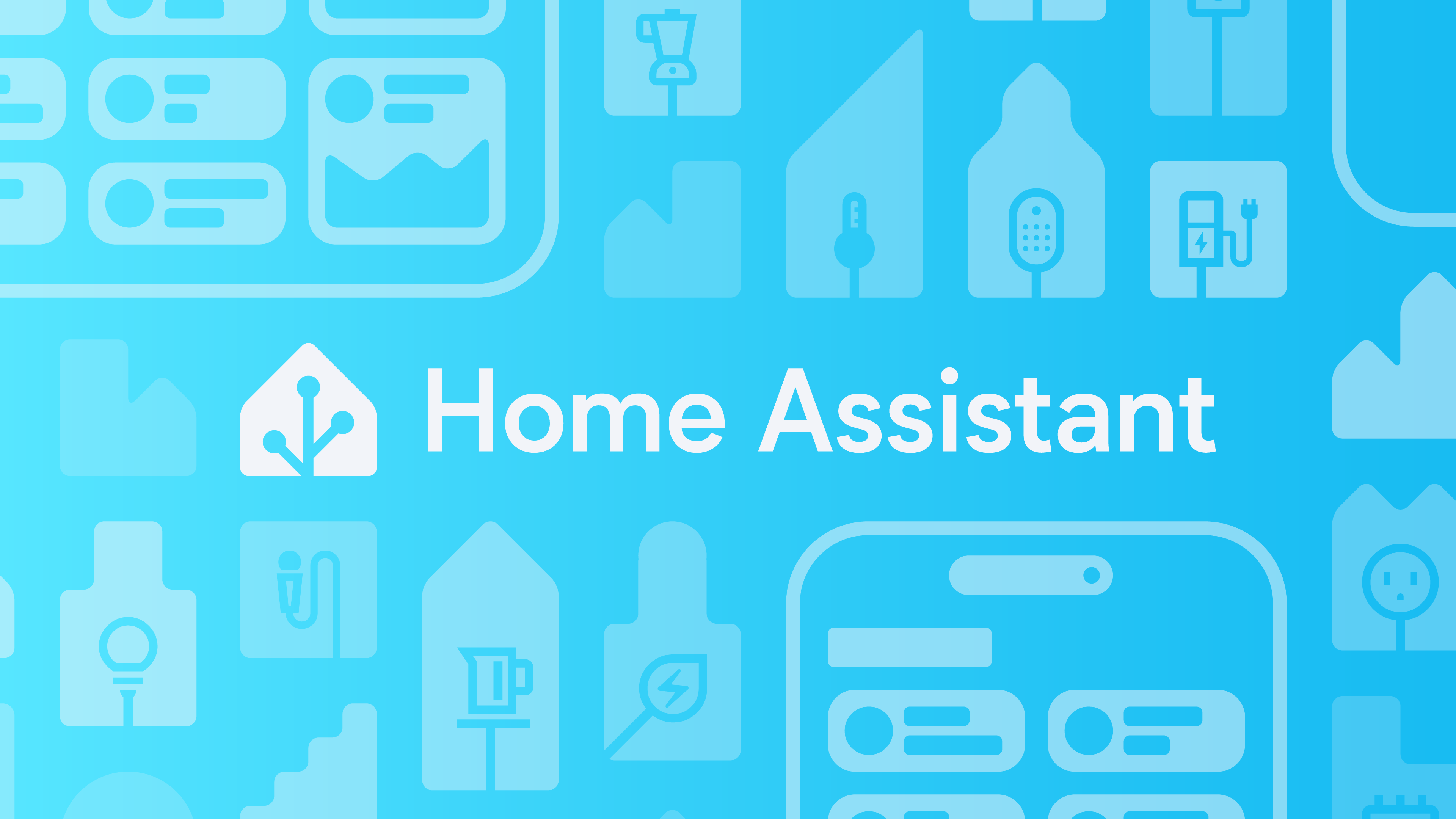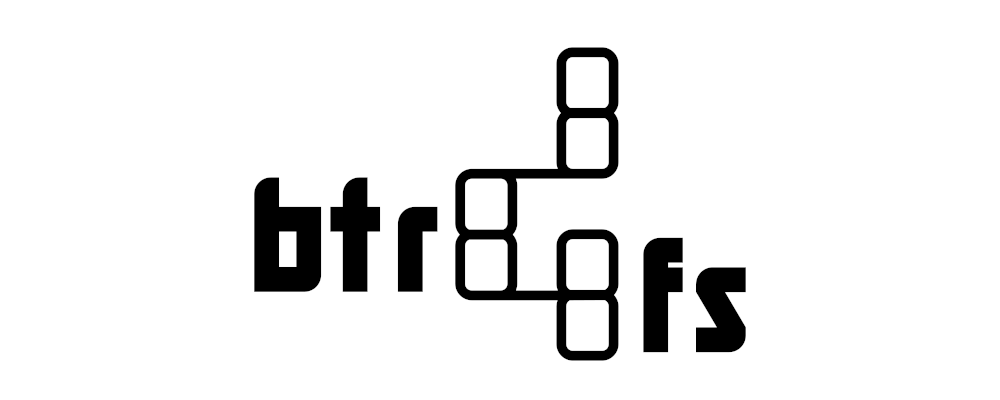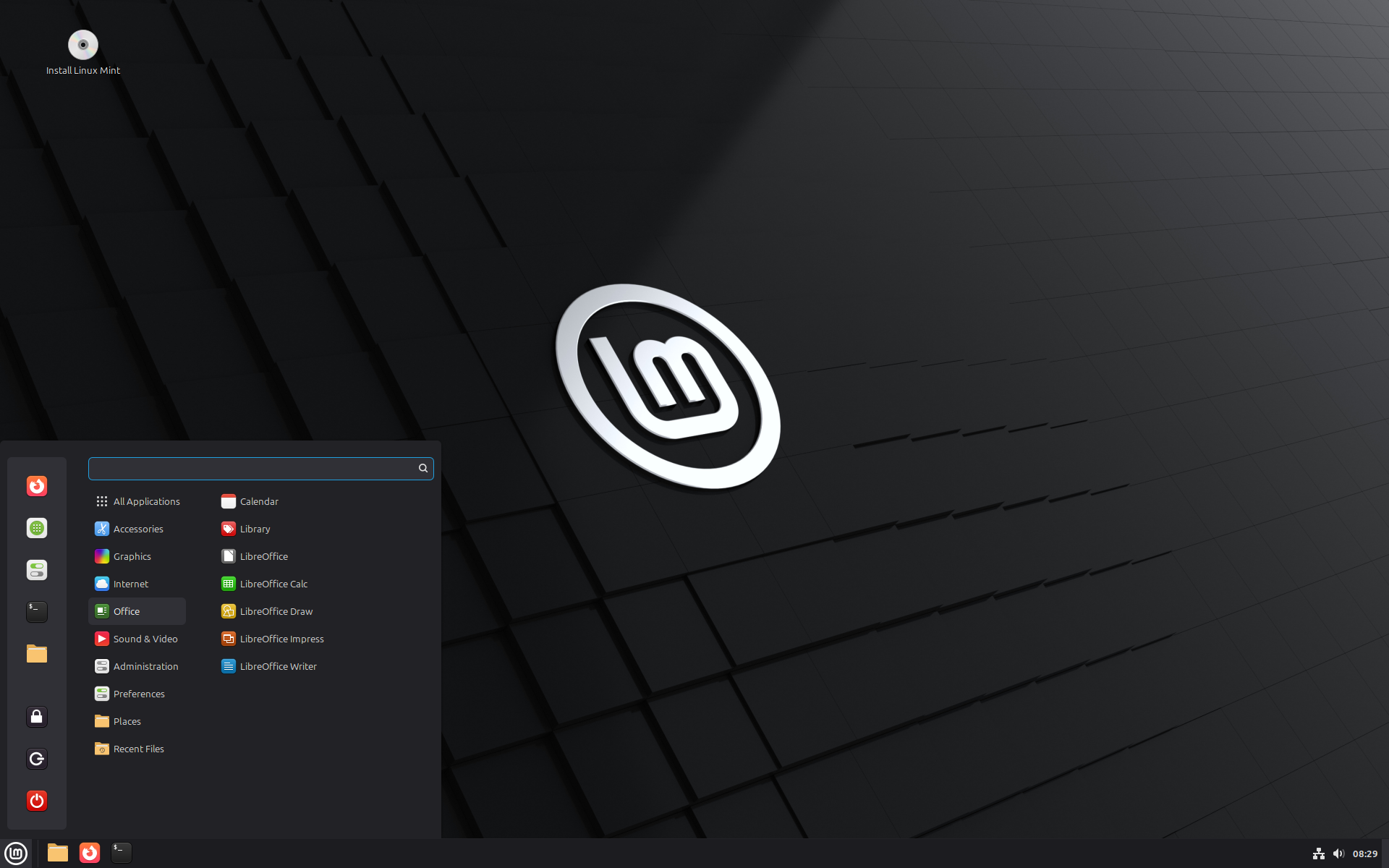
Using Molly (Signal) with UnifiedPush
I finally started using Molly to send and receive messages via Signal. Molly is a hardened fork of Signal for Android, offering features such as an encrypted message database, automatic locking, shredding no longer needed secrets from RAM, notifications via UnifiedPush, and Tor / SOCKS proxy support. This is by no means an alternative to Signal itself, but rather an alternative (and hardened) Android client for Signal. While these extra security features are great, my main motivation to use Molly was battery saving, actually. I’m on GrapheneOS, which does offer sandboxed Google Play (opt-in), yet I’ve chosen not to use it. This means I’m not using Google’s Firebase Cloud Messaging (FCM) for notifications either, which Signal by default heavily relies on. However, it continues to make me very glad I can still use a secure and open source mobile operating system (GrapheneOS) in 2025, without needing to rely on proprietary and privacy-impairing functionality. ...








